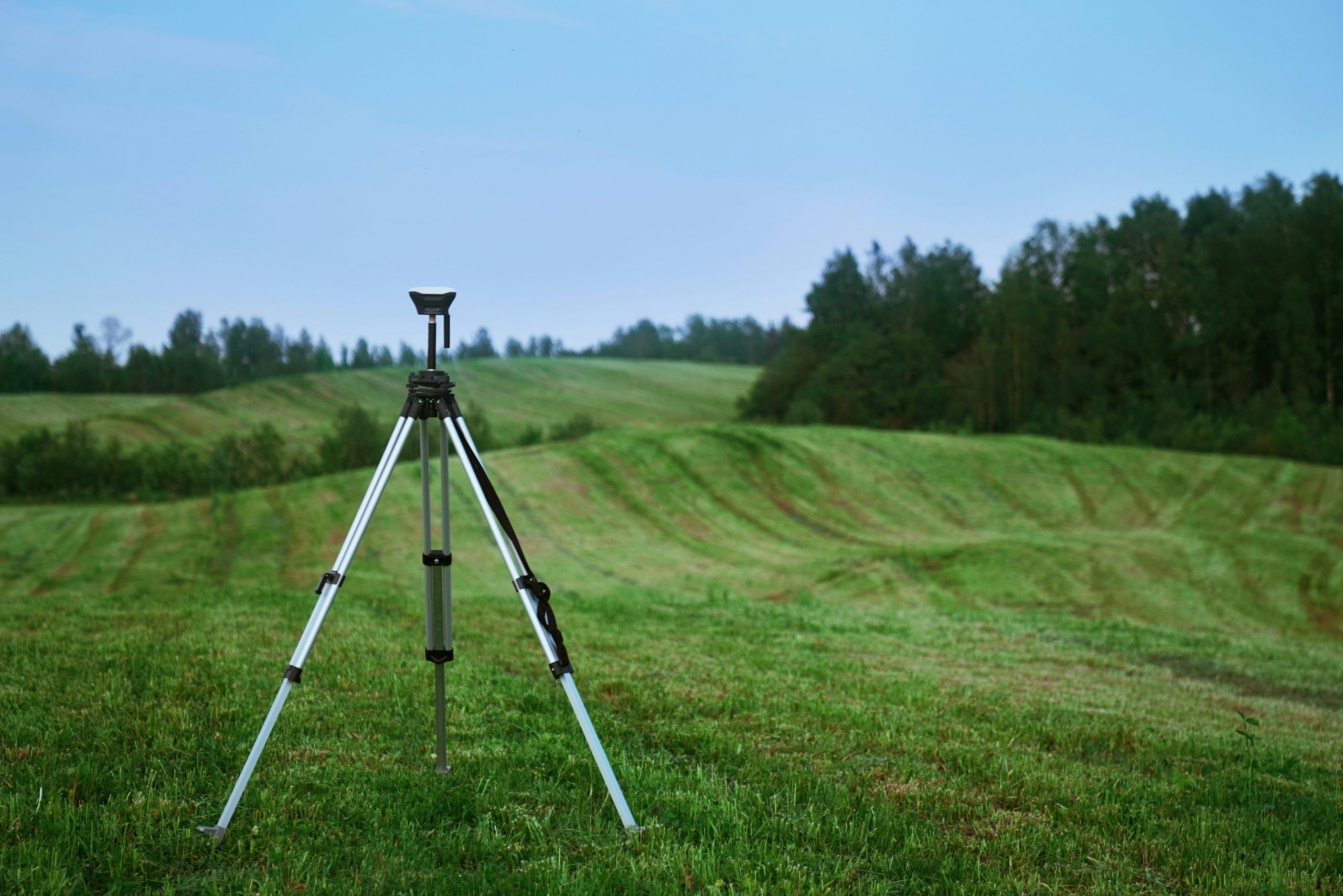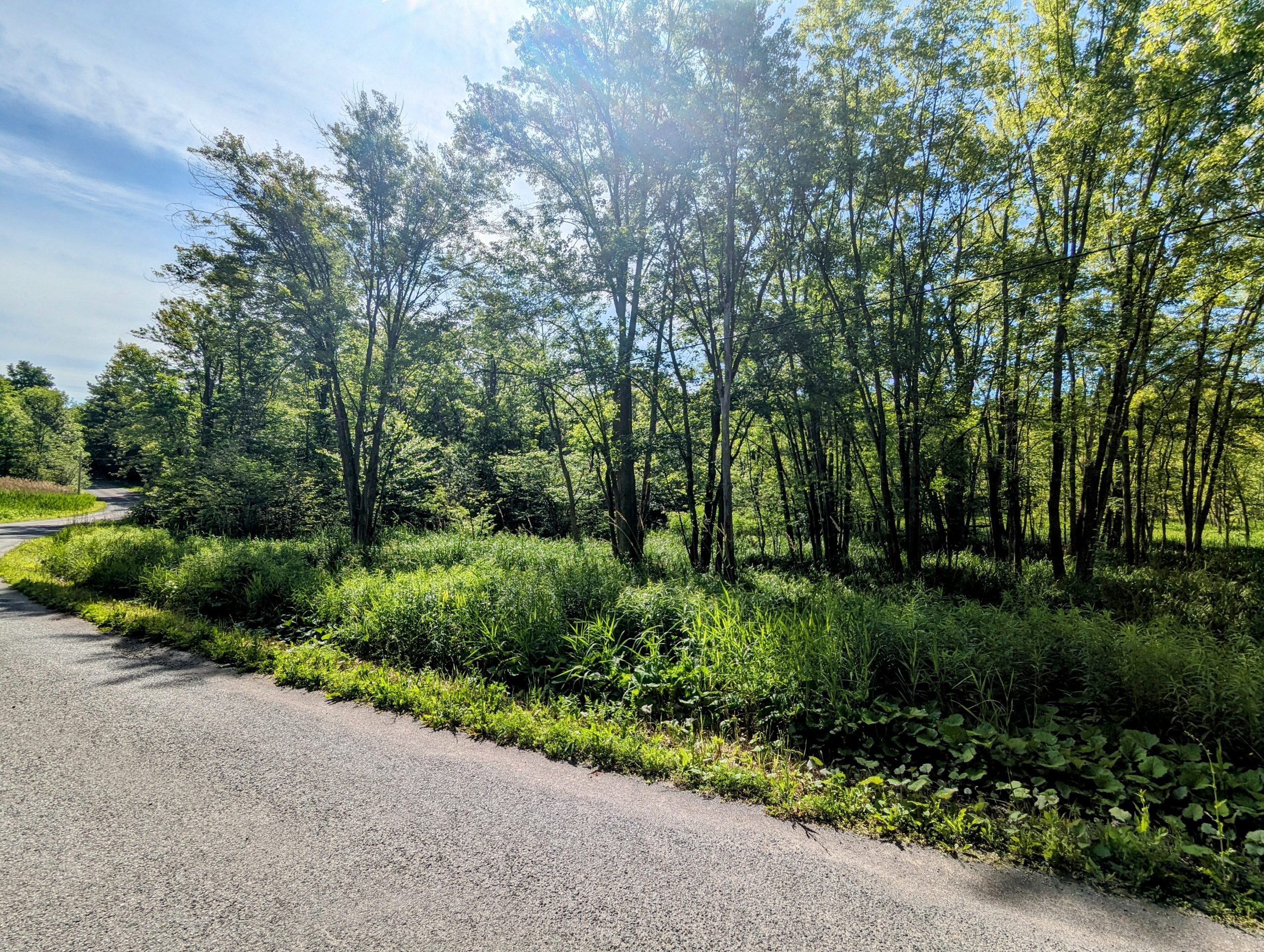Buying vacant land in Ontario can be an exciting and rewarding investment. Whether you’re planning to build your dream home, start a farm, or develop a business, purchasing land gives you the freedom to create something unique. Here’s a quick guide to help you through the process.

1. Determine Your Purpose and Budget
Before you start looking for land, clearly define your purpose. Are you buying land for residential, agricultural, or commercial use? Your purpose will influence the location, size, and type of land you need. Additionally, set a realistic budget, taking into account not just the purchase price but also potential development costs. Remember that you can usually only mortgage around 50% of vacant land.
2. Research Locations
Ontario is vast and diverse, offering a range of environments from urban plots to rural expanses. Research different areas to find the one that best suits your needs. Consider factors like proximity to amenities, climate, and community features.
3. Check Zoning and Land Use Regulations
Every piece of land in Ontario is subject to zoning bylaws and land use regulations that dictate what can be built or done on that land. Contact the local municipality to understand these regulations. This step is crucial to ensure that your intended use of the land is permitted.
4. Conduct a Land Survey
A professional land survey will provide you with detailed information about the property’s boundaries, topography, and any existing structures. This survey is essential to avoid potential disputes with neighbors and to plan any future development accurately. You may also be about to find an existing survey and with title insurance being an option this may be all you need to do. However it is a good idea to plan for one just incase

5. Verify Access and Utilities
Ensure that the land has legal access, such as a road or driveway. Also, check the availability of essential utilities like water, electricity, and sewage systems. If these are not already in place, factor in the costs and feasibility of installing them. Contact the local well driller. They would be able to best answer your water questions if you are in a rural area.
6. Perform Due Diligence
Investigate any potential environmental issues, such as soil contamination or flood risks. Additionally, verify the land’s title to ensure there are no liens or legal claims against it. Your real estate lawyer will help you navigate these checks.
7. Secure Financing
If you need financing, explore different options such as land loans or construction loans. Keep in mind that land loans typically have different requirements and interest rates compared to traditional home mortgages.
8. Make an Offer and Close the Deal
Once you’ve done your due diligence and secured financing, you’re ready to make an offer. Negotiate the terms with the seller and, if accepted, proceed to close the deal. This will involve signing a purchase agreement and transferring the title.
Final Thoughts
Buying vacant land in Ontario requires careful planning and research, but the rewards can be significant. By following these steps and working with professionals like real estate agents and lawyers, you can ensure a smooth and successful purchase. Whether you’re building a home, starting a farm, or launching a business, owning land in Ontario can be the foundation of your future endeavors.

 Facebook
Facebook
 X
X
 Pinterest
Pinterest
 Copy Link
Copy Link

